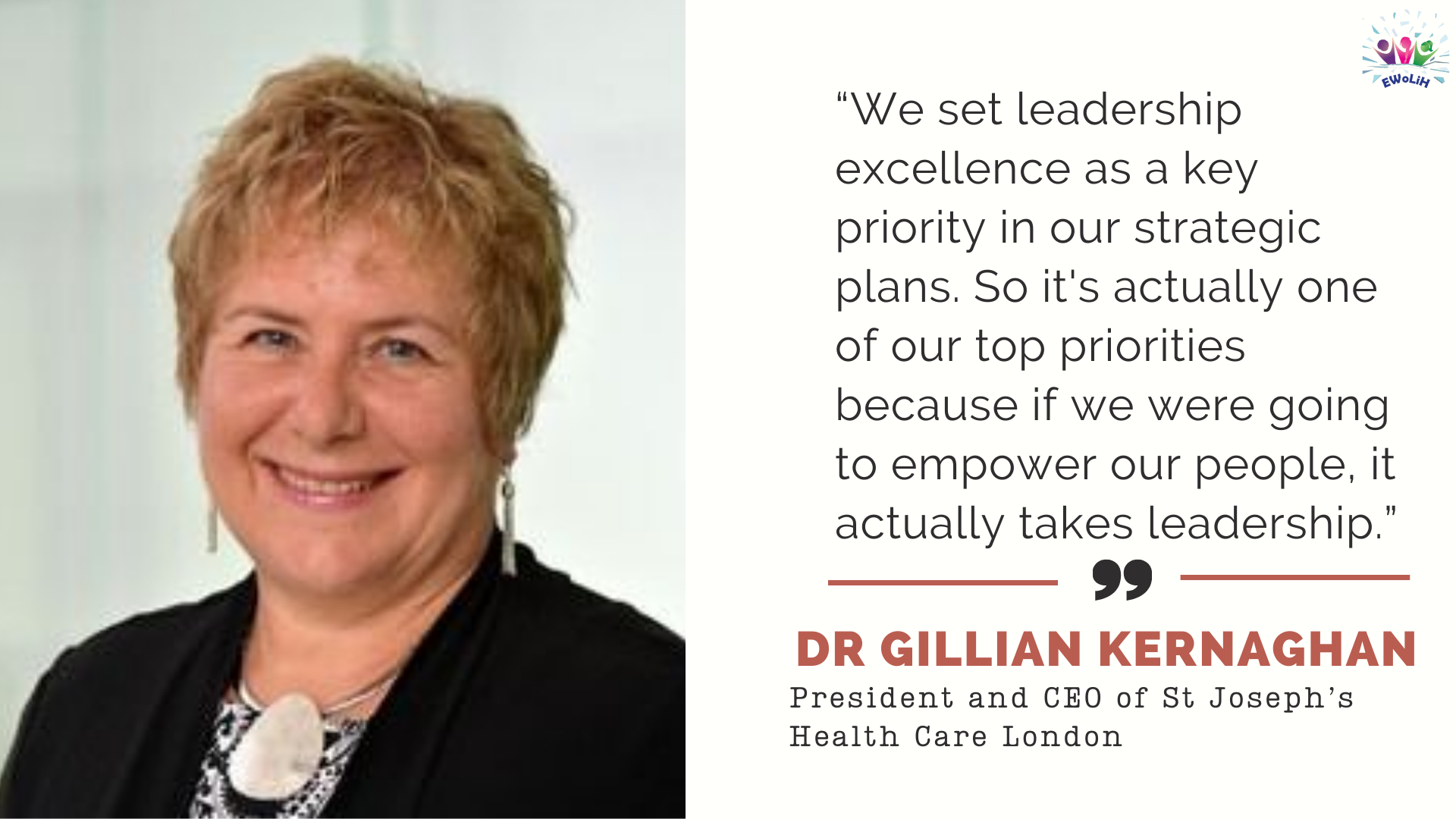
Collaborative Leaders
Purposefully Build Partnerships and Networks to create EDI results
Demonstrate a Commitment to coalitions among diverse groups and perspectives aimed at learning to improve service
Need to make an effort to bring people up
Mobilize Knowledge
Navigate Socio-Political Environments
Need to bring people with different levels of power
Developing EDI-Informed Coalitions
Ivy Lynn Bourgeault, University of Ottawa & Canadian Health Workforce Network
Just as EDI considerations inform leadership capabilities within one’s discipline, group or organization, it also translates to the development of coalitions with others, the fourth D in the LEADS Framework. Collaborative leaders develop coalitions to create EDI awareness and achieve EDI goals within and across disciplines, groups and organizations. Partnerships are purposively built to create these EDI results with notable time and attention paid to create ongoing relationships of trust. This may involve coming to terms with broken trust from past interactions, a key lesson from the Truth and Reconciliation Commission Calls to Action. Collaborative leaders demonstrate a commitment to coalitions with diverse groups and perspectives aimed at learning how to improve service accessibility and cultural safety and acceptability. EDI knowledge within and across organizations is mobilized towards those ends. A purposeful effort to bring people with different voices, experiences, and forms of power to the table and mentoring up, within and across organizations helps to navigate complex socio-political and cultural environments.
Can We Finally Move the Needle on Diversity, Equity, and Inclusion in Nursing?
This article discusses ongoing challenges in achieving DEI in nursing. It proposes strategies such as targeted recruitment, mentorship, and leadership programs to foster inclusion.
Empowering the Invisible: Accelerating Leadership Development for Midcareer Women in Medicine
The article presents a leadership skill development program designed for midcareer women physicians.
Supporting diverse health leadership requires active listening, observing, learning and bystanding
This paper studies leading practices that will help apply and promote diverse health leadership.
Leading practices for men to support women’s health leadership: A toolkit of resources to initiate change
This study proposes three types of resources to help men in leadership positions understand the importance of their actions through mentorship and sponsorship when supporting women in health.
Leadership for change: how medical associations are working toward equity, diversity, and inclusion.
The first paper in the four-paper series "Leadership for change"presents the Canadian Association of Emergency Physicians frameworks, EDI strategies and institutional programs.
Misconceptions about women in leadership in academic medicine
This paper analyzes four misconceptions about women in leadership positions in academic medicine as well as other issues such as gender pay gap in the field.
Leadership for change: a step-by-step pathway for developing local capacity for equity, diversity and inclusion.
The fourth paper of the "Leadership for change" series examines what local institutions can do to focus on EDI.
Leadership for change: working toward equity, diversity, and inclusion.
The second paper of the "Leadership for change" series presents the work of the Canadian Association of Emergency Physicians in integrating EDI in Emergency medicine through educational interventions, changes to organizational structure, and incorporation of EDI in strategic planning.
Faculty recruitment, retention, and representation in leadership: an evidence-based guide to best practices for diversity, equity, and inclusion
This paper presents the issues that medicine institutions face regarding diversity, equity, and inclusion in their leadership positions.
Building diverse leadership in an academic medical center: The ACCLAIM program
This paper addresses the disparities existing within the healthcare sector by identifying how the Multilevel Organizational Learming Framework can be effective to address leadership issues in medicine.
Organisational best practices towards gender equality in science and medicine
This paper is an analysis of issues and proposes actions that could achieve gender equality in science and medicine.
Improving Workplace Culture through Evidence-Based Diversity, Equity and Inclusion Practices
This report examines Diversity, Equity and Inclusion practices in the medical workplace.
Inclusion, diversity, equity, and accessibility: From organizational responsibility to leadership competency
This paper discusses anti-Black and anti-Indigenous racism and barriers within the health sciences and proposes the LEADS framework to boost leadership of the racialized groups.
Men’s Fear of Mentoring in the #MeToo Era — What’s at Stake for Academic Medicine? $
Women in medicine experience sexual harassment and discrimination, with some men fearing mentorship due to potential false allegations. This deprives women of career opportunities and perpetuates gender inequality. To address this, self-reflection and support are needed to create an inclusive environment and promote women's career advancement in medicine.
Faculty Roster: U.S. Medical School Faculty Report
The annual report "U.S. Medical School Faculty" is a set of tables and trend analyses that answer common questions about the national distribution of full-time faculty. The information is displayed by various characteristics such as department, rank, degree, tenure status, gender, and race/ethnicity.
Sex and Gender Champions CIHR
In 2014, CIHR began requiring the inclusion of Sex and Gender Champions on research teams on some funding initiatives. A Sex and Gender Champion is a researcher who possesses or acquires expertise in the study of sex as a biological variable and/or gender as a social determinant of health. The Champion supports the research team to produce rigorous, transparent and generalizable research findings through the consideration of sex and gender factors throughout the research process.
AAMC Statement on Gender Equity
The AAMC acknowledges that gender equity is a key factor in achieving excellence in academic medicine. To achieve the benefits of diversity, diversity must be inextricably linked to inclusion and equity. Environments are equity-minded when every person can attain their full potential and no one is disadvantaged from achieving this potential by their social position, group identity, or any other socially determined circumstance.
Underrepresented & Underpaid: diversity & equity among Canada's Post-secondary Education Teachers
Representation gains have been made among some, but not all, groups of racialized teachers in the university sector. Wage gaps exist between men and women and worsen for racialized and Aboriginal university and college teachers.



























